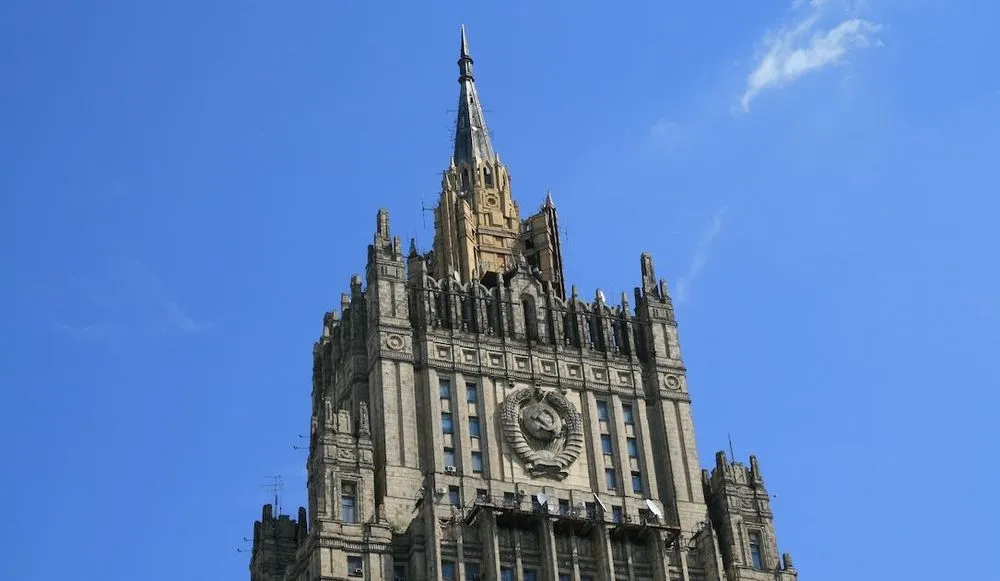Russia to ban 81 foreign media outlets in response to Europe’s sanctions
The Kremlin said it would restrict access inside Russia to 81 media outlets operating in Europe, such as Politico, Der Spiegel and Le Monde.
It’s a retaliatory move in response to sanctions imposed by the European Union last week on several Russian outlets, including RIA Novosti, Izvestia and Rossiyskaya Gazeta, which were accused of spreading and supporting Kremlin propaganda.
Russia’s Ministry of Foreign Affairs said in a statement on Tuesday that it would "revise" the restrictions if sanctions on Russian media were lifted.
The Russian ban includes news organizations from 25 EU member states, as well as Europe-wide media such as EUobserver and Politico. The Kremlin accused them of “systematically distributing inaccurate information” about what Russia calls its “special military operation” in Ukraine.
Included are the newswire Agence France-Presse (AFP), German newspapers Frankfurter Allgemeine Zeitung and Die Zeit, Italian newspaper La Repubblica, and Polish television channel Belsat.
EU state officials and suspended media outlets condemned Russia’s move.
The Italian Foreign Ministry said that Russia’s “devastating and illegal war” against Ukraine “won’t be erased by the prohibitions imposed on media and journalists from Italy and all over the world, who continue to follow with professionalism and independence devastating and inhuman actions.”
European Commission Vice President Vera Jourova called the ban a “nonsense retaliation” as “propaganda outlets funded by Russia to spread disinformation as part of Russia’s military doctrine are not the same as independent media.”
U.S. State Department spokesman Matthew Miller said the Russian government was "afraid of their own people hearing the truth."
Politico’s editor-in-chief for Europe, Jamil Anderlini, said his newsroom remains undeterred in its mission “to deliver factual and nonpartisan reporting — wherever our readers may be.”
It is not the first time media companies have drawn sanctions from Russia or the EU. In 2022, Europe blocked access to the Russian state-owned propaganda channels Russia Today and Sputnik. In May, the EU sanctioned the Prague-based Voice of Europe website, accusing it of promoting pro-Russian narratives.
Around the same time, Russia restricted access to several Western websites, including the BBC, Deutsche Welle and Voice of America.
Daryna Antoniuk
is a reporter for Recorded Future News based in Ukraine. She writes about cybersecurity startups, cyberattacks in Eastern Europe and the state of the cyberwar between Ukraine and Russia. She previously was a tech reporter for Forbes Ukraine. Her work has also been published at Sifted, The Kyiv Independent and The Kyiv Post.



